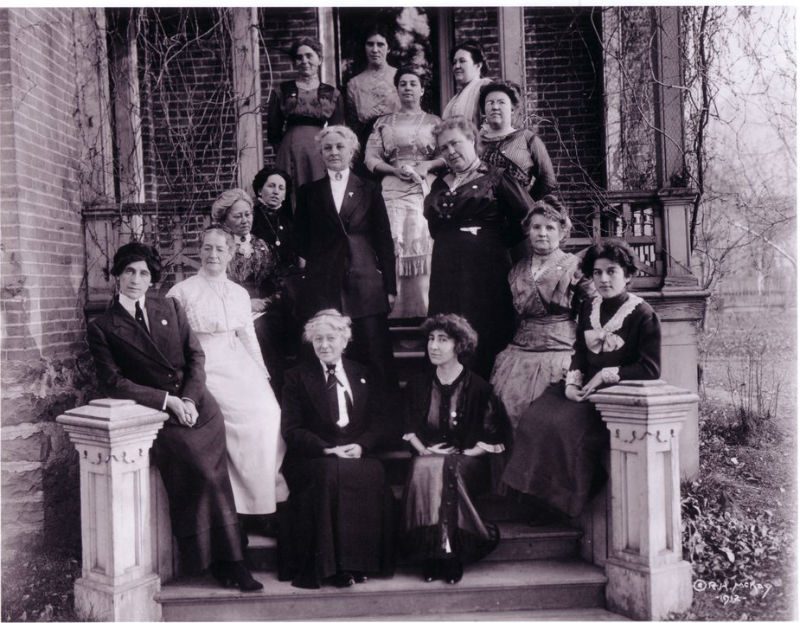100 years marks the election of the Congresswoman you don’t know.
Welcome to 2016. This is a year which brings a palpable possibility of the United States electing its first female President. It’s also a prime moment to recall Hillary Rodham Clinton’s powerful political predecessor, Jeanette Rankin. One hundred years ago, Rankin became the first woman elected to Congress. She ran on a Republican platform that called for women’s suffrage, protective legislation for children and “preparedness that will make for peace.” Rankin introduced the first bill to grant women citizenship independent of their husbands. Remarkably, she secured her election before women had gained the right to vote nationally.
Rankin was, in some ways, mistress of the paradoxical. Congresswoman Rankin was first and foremost a peace activist, although she attributed none of her reform beliefs to religion. She was a pacifist, but not an isolationist. “We are living in a world,” she is quoted as saying. “We are no longer living in a community, state or nation…whatever happens in one part of the world affects every other part sooner or later…”.
It is fascinating to look at Rankin’s FBI file, if for no other reason than to appreciate the fact that she was a person of interest to that body through the late 1960s. Rankin would have then been in her late 80s. Rankin traveled to India several times between 1940 and the 1970s, studying the pacifist techniques of Mohandas Gandhi. After leaving Congress, she devoted her prodigious energies to peace organizations and women's activist groups.
There is some belief that the Suffrage movement, dominated in the U.S. by East Coast stalwarts, conspired to deny Rankin her place in suffrage work because of her passionate pacifism, a political liability leading up to WW I. She was one of fifty to vote against U.S. entry into that war. Hers was the sole dissenting vote for the U.S. entry into WWII. She stated, “As a woman, I can’t go to war and I refuse to send anyone else.”
Rankin was reared in Montana, in a Frontier environment that undoubtedly contributed to her foundational strengths. After working hard on a campaign that won women the vote in Washington State, she was recognized nationally for her outstanding work in western states. Montana’s early enfranchisement of women made her candidacy for national office prior to the passage of the 19th amendment possible.
Rankin lived her life very much on her own terms, never married or had children. A film portraying Rankin’s life is found in the 2009 movie “A Single Woman.” In 1985, a bronze statue of her was placed in the U.S. Capitol. The Jeannette Rankin Foundation provides scholarships to women over 35 who are returning to school. The Peace is a Woman’s Job website offers a variety of ways for communities across the country to celebrate and honor Rankin throughout 2016, this 100th anniversary of her history-making election to Congress.
Resources for this piece include the Makers website, Jeannette Rankin Peace Center, A Century of Women and Peace is a Woman’s Job.
